10 Interesting Facts About Hair
October 2018 | Reading time: 3 minutes

We look at our hair in the mirror every day – we style it, dye it, and customise it. But how much do we know about what we see? Here are some facts about hair that you may not have known…
- Hair grows from follicles which are located in the dermal skin layer. These follicles are organs, and appear all over the body, even in places you wouldn’t think to look! The base of the follicle is called the papilla, which connects it to blood vessels. Follicles produce various types of hair, which are different depending on where the follicles are located. Follicles go through three main stages – first is the anagen or ‘growth’ stage which lasts around 2 to 6 years. It is during this stage that the follicle is attached to a blood supply, which then allows hair to grow. During the second catagen or ‘transition’ stage, the follicle detaches itself from the blood supply, stopping any growth. As a result of this, the follicle may shrink. The third stage is the telogen or ‘resting’ phase, where the hair shaft is often shed.
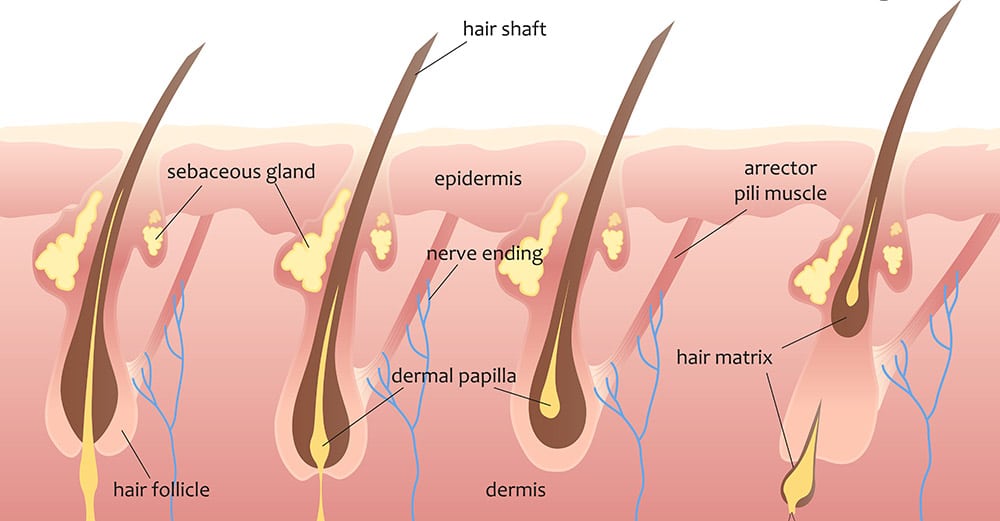
- A strand or shaft of hair has three layers. The outer layer is the ‘cuticle’, protecting the rest of the layers within the shaft. The middle layer is the ‘cortex’ and contains most of the pigment (melanin) that produces colour. The inner layer is the ‘medulla’, and is the weakest and most vulnerable layer.
- Vellus hair is the name for the fine strands that appear on the majority of the body, for instance, the face and the stomach. This develops during childhood and remains on the body for the rest of your life. However, thicker Terminal hair replaces this in certain areas such as the face, head, and chest. This occurs at puberty.
- There are a few mammals that are nearly hairless, which includes elephants, pigs and rhinoceroses.
- If you examine a person’s hair in a forensic investigation, this can determine the subject’s ethnicity and sex. You can also work out whether someone pulled the hair out forcefully or whether it fell out. Furthermore, you can even see if the owner took any drugs.
- Every single follicle has its own blood supply, as well as its own muscle and nerve which link to the base or papilla of the follicle. The blood supply helps the follicles to get the nutrients they need.
- The average person has around 100,000 to 150,000 hairs on their head at one time. Blondes have the most hair in comparison to other colours.

- A strand of hair can last for up to 7 years. This is the same amount of time as the lifecycle of the follicle, though the ‘growth’ phase takes up the majority of this time.
- In ancient times, people used a technique called ‘sugaring’ to get rid of hair on the body, a process similar to waxing. People applied a sticky, honey-like substance that stuck to the hairs and removed them when people took the substance off. It is amazing to think we use the same sort of methods in modern culture that people used thousands of years ago!
- The follicle treats and supplies the base of the hair shaft with nutrients, meaning it is ‘alive.’ The rest of the shaft coming out of the scalp is ‘dead.’
This goes to show that hair is complex, and there is a lot more to it than we think! Maybe next time you look in the mirror, you will see your body in a whole new light!
Related Articles

BOTOX® Aftercare
BOTOX® has a very little impact on your activities. Following the injections, we recommend you adhere to a few simple...
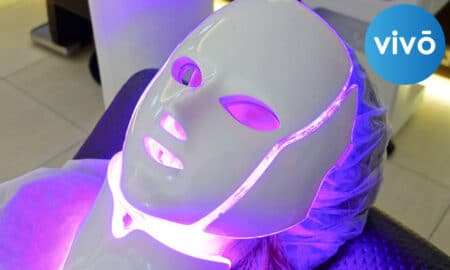
How to Reduce Spots and Acne
Suffering from spots and acne can affect our confidence. Here are some great tips to combat spots and acne naturally....

Botox for Men
BOTOX® Injections are a popular anti-ageing treatment. 17.5% of Botox treatments are undergone by men. The myth that anti-ageing injections...
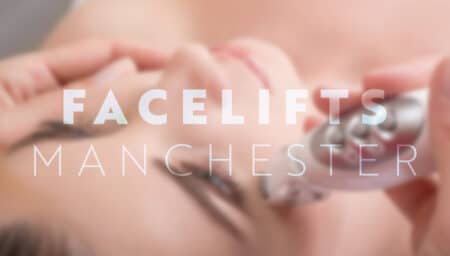
Facelift Manchester
A guide to facelift treatments at VIVO Body Studio Manchester. We offer a range of non-invasive facelift and rejuvenation treatments...
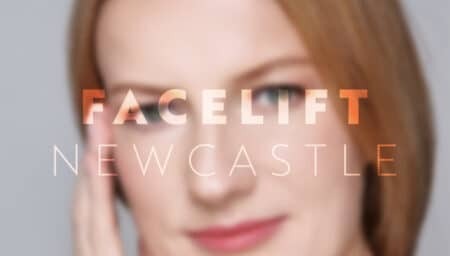
Facelift Newcastle
The facelift treatment guide for VIVO Body Studio Newcastle. Choosing a facelift or rejuvenation treatment can be confusing. With so...

The Signs of Ageing – Causes and Preventative Measures
Ageing is inevitable, and so are the signs of ageing that come along with it. With age, our body starts...

Kickstart Your Wellness Journey: Health Basics for Beginners
Nutrition: Fuel Your Body RightEating a balanced diet is the foundation of good health. Focus on whole, nutrient-dense foods like...
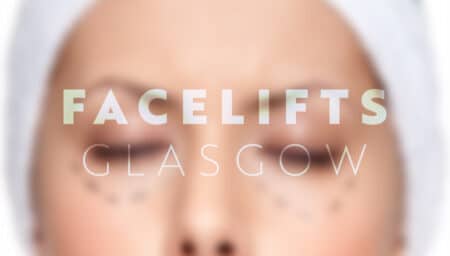
Facelift Glasgow
Non-invasive facelift treatments at VIVO Body Studio Glasgow. We clearly explain the non-surgical facelift treatments that are available at our...

The Best Diet Books
We list the best recipe diet books to help with weight loss. There is no on size fits all solution...

Mastering the Fundamentals: A Beginner’s Guide to Health Basics
Nutrition: Fueling Your Body RightProper nutrition is the foundation of good health. Focus on a balanced diet rich in fruits,...

Ultrasound Cavitation London
Ultrasound Cavitation is available at VIVO Body Studio London VIVO Body Studio London offers advanced ultrasound cavitation, a fat reduction...
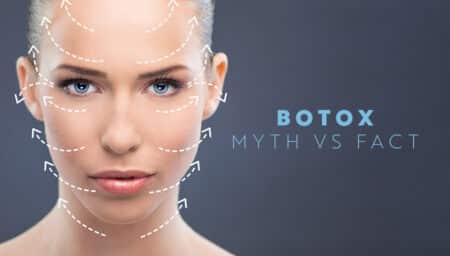
BOTOX – Myth Vs Fact
We separate the myth from the fact while exploring the truth about Botox, its use, and the potential risks. As...
Happy Customers
16,575 Reviews and CountingThank you!
Hopefully I’ll be back soon.
I look forward to her expertise and pamper.
Yes I enjoy my hifu.
Fat freezing and other treatments all very professional and Roseanne is a lovely woman.
Cherie is so knowledgeable and understanding of what I was looking for not pushy to sell add ons
The treatment was carried out patiently and with so much care and attention at every step she checked in to make sure I was comfortable
The results of the treatment were unbelievable loved the whole experience would definitely recommend this clinic and Cherie
 close
close

